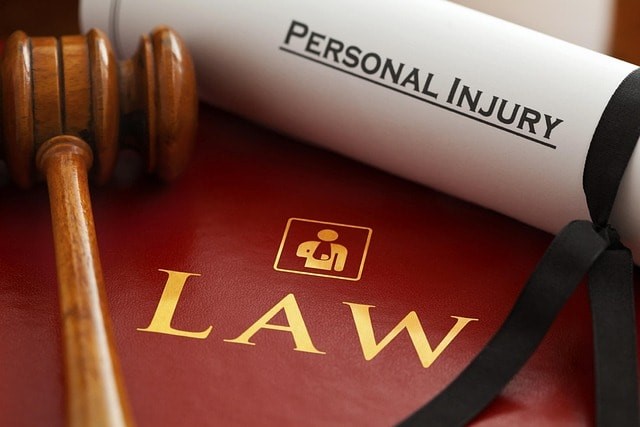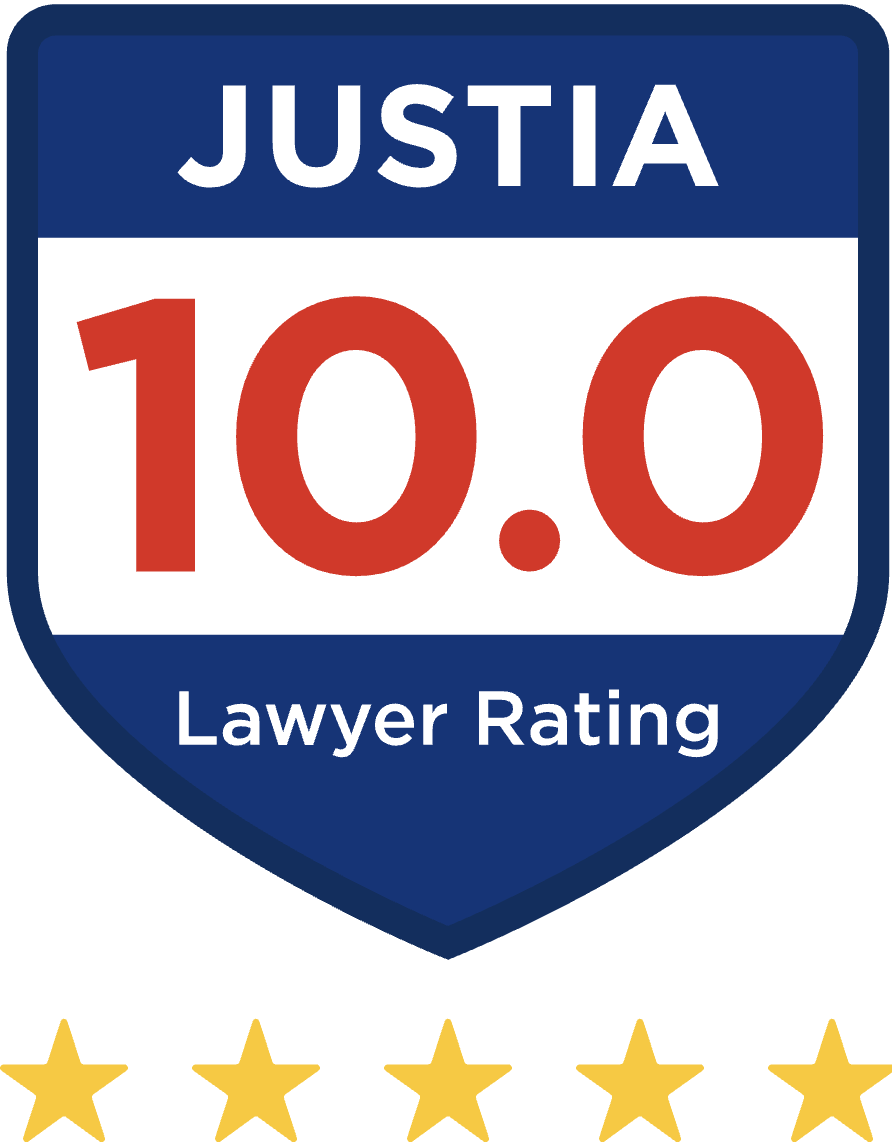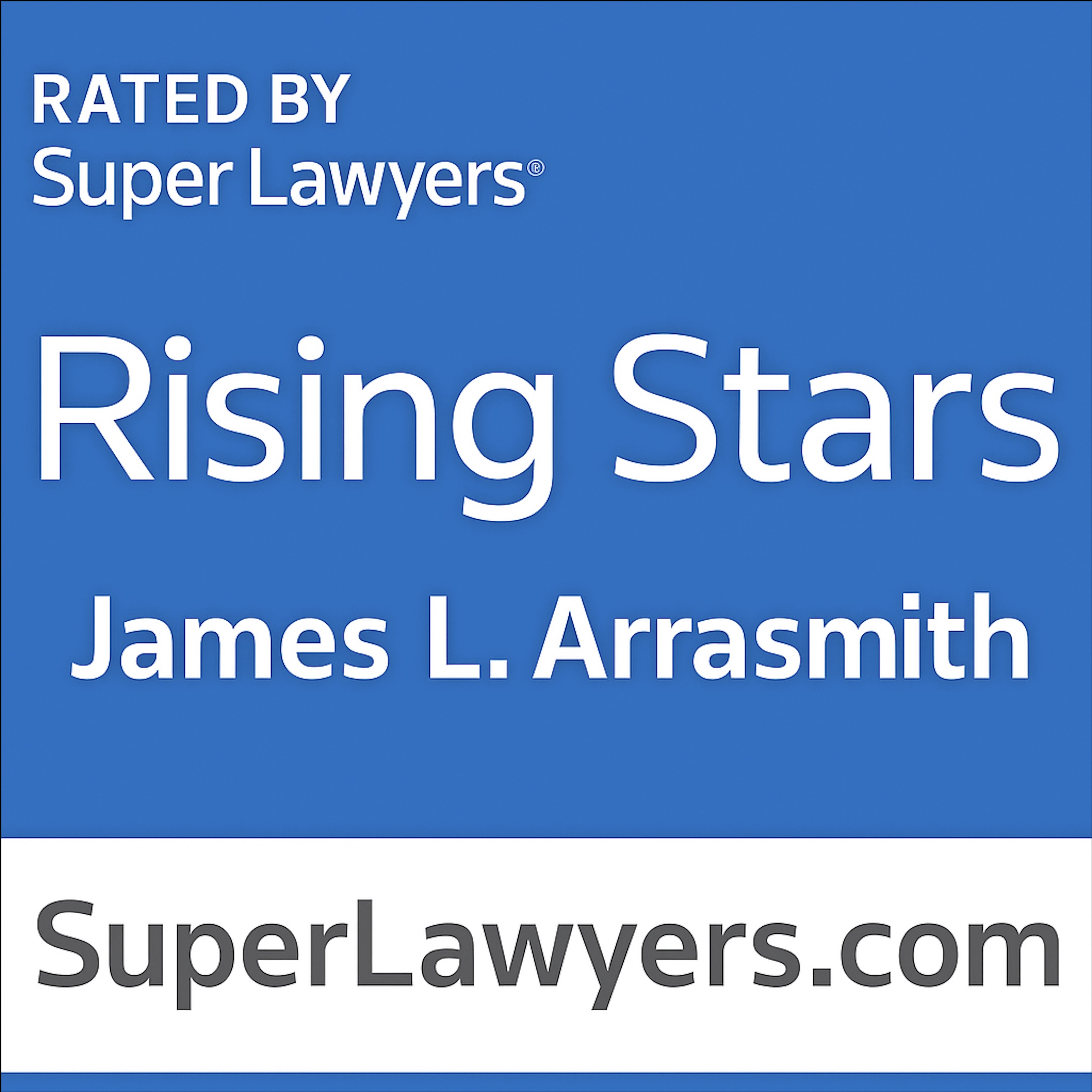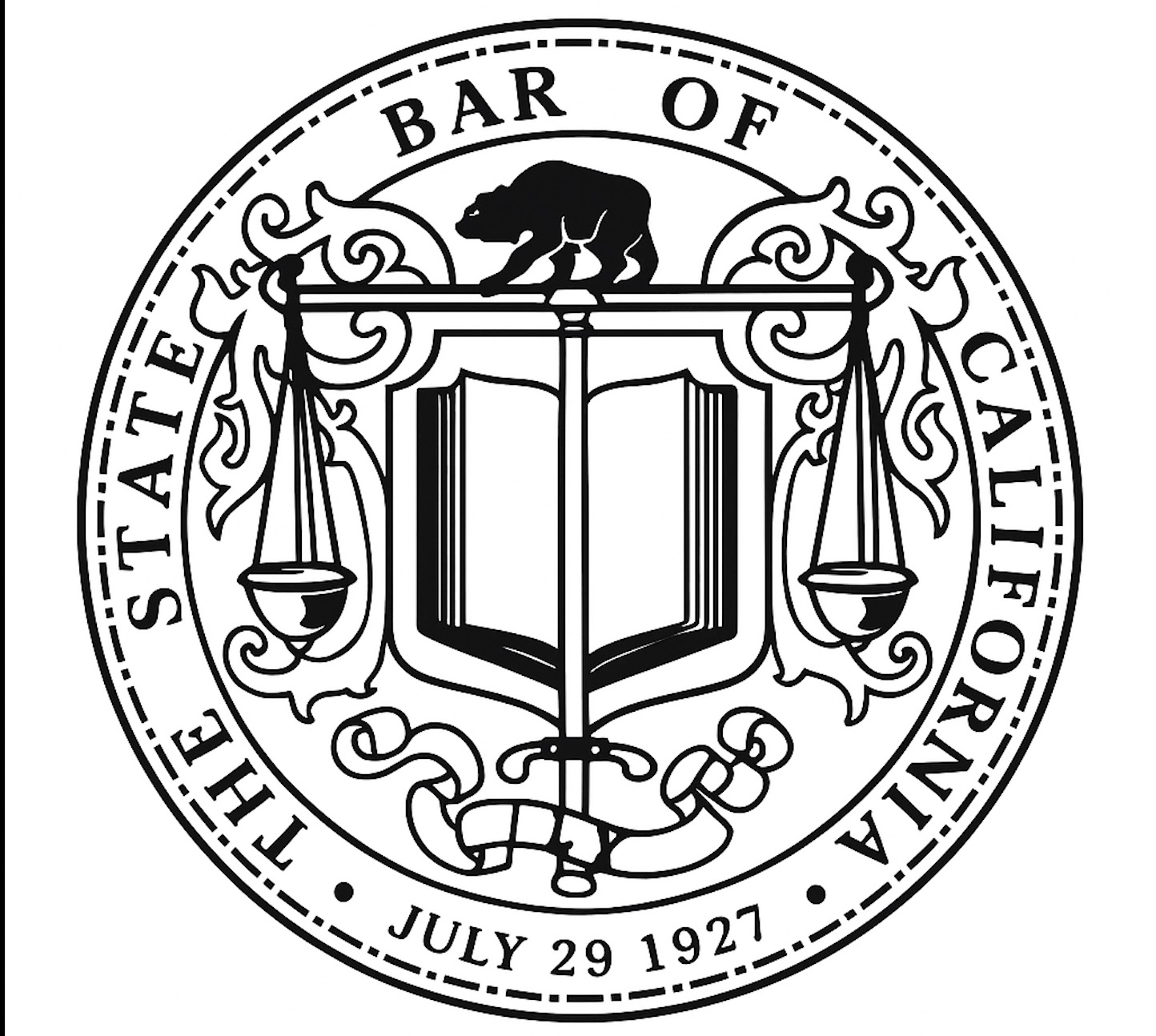California Defamation Law Explained: Claims, Defenses, and What You Need to Know

Defamation law in California is complex, blending centuries of common law principles with modern protections for free speech. Whether you are a business owner facing false online reviews, a public figure dealing with damaging press coverage, or a private individual harmed by malicious gossip, understanding California defamation law is critical.
California law treats defamation as an intentional tort, making the defendant’s intent to communicate a false and harmful statement to a third party crucial for liability. It is also important to distinguish between statements of fact and opinion, as California courts analyze these differently in defamation cases.
This guide explains what constitutes defamation in California, the elements of a defamation claim, defenses available to defendants, and how courts treat public figures versus private individuals.
What Is Defamation?

At its core, defamation is a false and unprivileged publication that has a natural tendency to injure a person’s reputation or causes actual harm. Defamation can take two main forms:
- Libel: Defamatory statements written, printed, or otherwise expressed in a fixed representation or other fixed representation – that is, in a permanent, tangible form (such as newspapers, websites, or social media).
- Slander: Defamatory statements orally uttered or made in a more transient medium (such as a speech or live broadcast); this is also known as spoken defamation, involving false statements made verbally.
California law treats both libel and slander as intentional torts, meaning plaintiffs can pursue damages in civil court.
Elements of a Defamation Claim in California
To succeed in a defamation lawsuit, a plaintiff must generally prove:
- A False Statement of Fact
- The defendant made a statement that was false and not opinion; the statement expresses fact.
- Opinions, hyperbole, or rhetorical statements typically do not constitute defamation.
- Intentional Publication to a Third Person
- The defendant must engage in intentional publication of the statement to at least one other person besides the plaintiff.
- Unprivileged Publication
- The statement cannot be protected by privilege (such as statements made in court proceedings, which are absolutely privileged).
- Defendant’s Fault
- The defendant’s fault must amount to at least negligence for private individuals.
- For public figures or public officials, proof of actual malice (knowledge of falsity or reckless disregard for the truth) is required.
- Publication Caused Injury to Plaintiff’s Reputation
- The publication caused injury – economic loss, emotional distress, or reputational harm. In some cases, damages are presumed (see defamation per se).
In legal pleadings, it is important to specify what the defendant states to establish the claim.
Types of Defamatory Statements

Under California defamation law, defamatory statements are generally classified as either libel or slander. Libel refers to written or other fixed representations—such as newspaper articles, online posts, or other permanent formats – that expose a person to public hatred, contempt, ridicule, or injure them in their profession, trade, or business. Slander, on the other hand, involves spoken or transitory statements that falsely accuse someone of a crime, harm their reputation in their occupation, or result in actual damage to their standing in the community.
California law recognizes that both forms of defamatory statements—whether written or orally uttered – can have a serious impact on a person’s reputation and livelihood. In cases involving public figures, the law imposes a higher standard: the plaintiff must prove malice, meaning the defendant either knew the statement was false or acted with reckless disregard for the truth. For purely private concerns, the standard is lower, requiring proof that the defendant failed to exercise reasonable care (negligence) in making the statement.
Whether the alleged defamatory statement is about a public figure or relates to a private individual’s profession, trade, or business, California defamation law provides a legal remedy for those harmed by false and unprivileged publications.
Defamation Per Se in California
Some statements are so inherently damaging that plaintiffs need not prove actual damages. These are considered defamation per se, and include statements that falsely accuse someone of:
- Committing a criminal offense.
- Having a loathsome disease.
- Engaging in sexual assault or serious moral misconduct.
- Being unfit to perform in their profession, trade, or business, or disqualifies them from an office, profession, trade or business that the occupation peculiarly requires.
When a statement falls into these categories, damages to a person’s reputation are presumed.
The Role of Public Figures and Matters of Public Concern
California courts, following U.S. Supreme Court precedent, impose stricter standards when alleged defamation involves public officials, public figures, or matters of public interest.
- Public Figures: Must prove the defendant acted with actual malice – meaning they knew the statement was false or acted with reckless disregard. In other words, public figures must prove malice to establish liability.
- Private Individuals: Usually only need to show negligence, especially if the case involves a purely private concern. If the case involves a particular public controversy, higher standards may apply.
This distinction is rooted in the need to balance defamation law with First Amendment free speech protections, especially in cases that discuss public interest matters.
Privileges and Defenses
Defendants in defamation cases have several defenses under California law:
- Truth: A statement that is substantially true cannot constitute defamation. The plaintiff must prove falsity of the statement, while the defendant proves true as an absolute defense.
- Opinion: Pure opinions, not stating facts, are generally protected.
- Qualified Privilege: Some communications (like employer references) may be privileged if made without malice. Privileged communication is a legal defense against defamation claims, protecting certain statements from liability.
- Absolute Privilege: Statements made during court proceedings, legislative debates, or official duties are completely protected.
- Consent: If the plaintiff consented to the publication, no claim exists.
- Anti-SLAPP Statute: California’s strategic lawsuits against public participation (SLAPP) law allows defendants to strike meritless suits targeting free speech and seek attorney’s fees.
Related Terms: literal truth, libelous meaning, exact words,
Damages in Defamation Cases
California allows plaintiffs to recover:
- Economic Damages: Lost wages, lost business opportunities, or measurable financial harm.
- Non-Economic Damages: Pain, suffering, and emotional distress caused by the defamatory material.
- Punitive Damages: In cases of malice, oppression, or fraud, courts may award punitive damages to punish the defendant.
When the alleged defamatory statement falls into defamation per se, the plaintiff need not prove actual damages – the law assumes reputational harm.
Statute of Limitations
California law imposes a one-year limitations period for defamation claims. This clock generally starts running when the alleged defamatory statement is first published.
If the defamatory content is updated or republished, a new limitations period may begin, effectively restarting the statute of limitations.
For website publications or other online platforms, the period typically begins at the time of the first posting.
Challenges in Defamation Lawsuits
Defamation lawsuits in California face several practical hurdles:
- Proving Falsity: The plaintiff must show the statement is false, not merely unfavorable.
- Defamatory Meaning: Courts may require extrinsic evidence if the defamatory nature is not obvious on its face.
- Matters of Public Concern: When speech involves public participation, courts lean toward protecting free expression.
- Anti-SLAPP Risks: Plaintiffs risk dismissal and payment of the defendant’s attorney’s fees if the court finds the lawsuit interferes with free speech rights.
Whether a statement is a fact or opinion is typically a question of law for the trial court, unless the statement is ambiguous and requires jury determination.
California Defamation Cases: Illustrative Examples
California courts have decided numerous defamation cases involving public figures, private concern disputes, and media defendants. While outcomes vary, themes emerge:
- Courts require actual malice in cases involving public officials and controversies.
- Plaintiffs in private concern disputes (e.g., workplace defamation) face lower burdens of proof.
- Statements with natural tendency to injure, even without explicit wording, can constitute defamation.
Many California defamation cases are heard in superior court, which has jurisdiction over such civil matters.
Online Defamation and Social Media
In today’s digital age, online defamation is a growing issue. California courts apply the same standards to:
- Social media posts.
- Online reviews.
- Blog articles and website publications.
Because online statements can spread rapidly, damages can be significant. Plaintiffs often seek removal of defamatory content alongside monetary damages.
Preventing Defamation Claims
Avoiding a defamation claim in California starts with a commitment to accuracy and responsibility in communication. Under California law, one of the most effective ways to prevent liability is to ensure that any statements made about others are true and can be substantiated. If a statement is true, it cannot form the basis of a defamation lawsuit. Additionally, certain communications are protected by a qualified privilege—such as statements made in the context of a legitimate public interest matter or during judicial proceedings – meaning they are less likely to result in successful defamation claims.
California courts have consistently recognized the importance of privileged communications, especially when they serve the public interest or relate to particular public controversies. To minimize the risk of a defamation lawsuit, individuals and organizations should verify the accuracy of their statements before making them public, particularly when discussing sensitive topics or matters of public concern. By understanding the boundaries of qualified privilege and taking care to avoid making false statements, you can significantly reduce the likelihood of facing a defamation claim and protect your reputation.
Attorney’s Fees in Defamation Cases
Attorney’s fees are a crucial consideration in California defamation cases. Under California law, the prevailing party in a defamation lawsuit may be entitled to recover their attorney’s fees, which can have a significant impact on the overall cost of litigation. If a plaintiff wins their defamation claim, they may be able to recover reasonable attorney’s fees from the defendant. Conversely, if the defendant prevails—especially in strategic lawsuits or cases involving public figures or matters of public concern—they may be awarded attorney’s fees from the plaintiff.
California courts have discretion in awarding attorney’s fees, taking into account factors such as the reasonableness of the fees requested and the conduct of both parties throughout the litigation. In strategic lawsuits against public participation (SLAPP), the issue of attorney’s fees is particularly important, as defendants who successfully strike a meritless defamation claim can recover their legal costs. Anyone considering pursuing or defending a defamation lawsuit should carefully weigh the potential for attorney’s fees, as they can greatly influence the decision to litigate.
Strategic Considerations Before Filing
Before filing a defamation lawsuit in California, plaintiffs should consider:
- The cost of litigation versus potential recovery.
- The risk of an anti-SLAPP motion.
- Whether the defendant has the resources to pay damages.
- The potential for greater exposure of the defamatory material during trial.
Sometimes, a carefully worded cease-and-desist letter or negotiation through counsel is more effective than a lawsuit.
In some legal contexts, such as settlements or certain actions in defamation cases, ‘unanimous consent’ of all involved parties may be required.
Final Thoughts on Free Speech
Free speech is a cornerstone of American society, and California law strongly protects the right to express opinions and participate in public debate. However, this right is not unlimited false statements that damage a person’s reputation can give rise to liability under California defamation law. In cases involving public figures or issues of public concern, plaintiffs must meet the demanding standard of proving actual malice, showing that the defendant acted with reckless disregard for the truth.
California courts have made it clear that while statements of opinion are protected, false statements of fact are not. Understanding the difference is essential for anyone who wishes to discuss public figures, public concern, or other sensitive topics without risking a defamation claim. By prioritizing accuracy, respecting the reputations of others, and seeking legal advice when necessary, individuals and organizations can exercise their right to free speech while minimizing the harm caused by defamatory statements. Ultimately, navigating California defamation law requires a careful balance between robust public discourse and the protection of personal reputation.
Conclusion
California defamation law strikes a careful balance between protecting individuals from false and unprivileged publications and preserving robust free speech protections.
If you believe you have been harmed by a defamatory statement – or if you are facing a defamation claim – it’s essential to speak with an experienced attorney. These cases require navigating complex standards around falsity, privilege, actual malice, and damages.
The natural consequence of defamation is damage to reputation, career, and emotional well-being. Knowing your rights under California defamation law is the first step toward protecting yourself.













